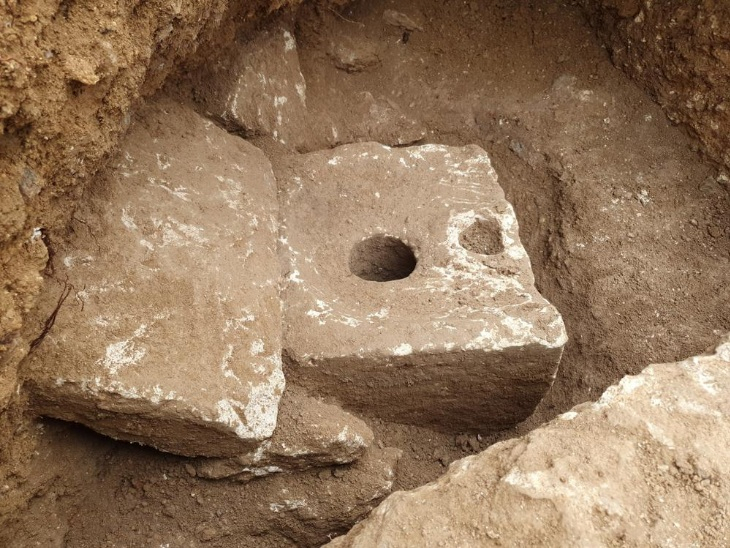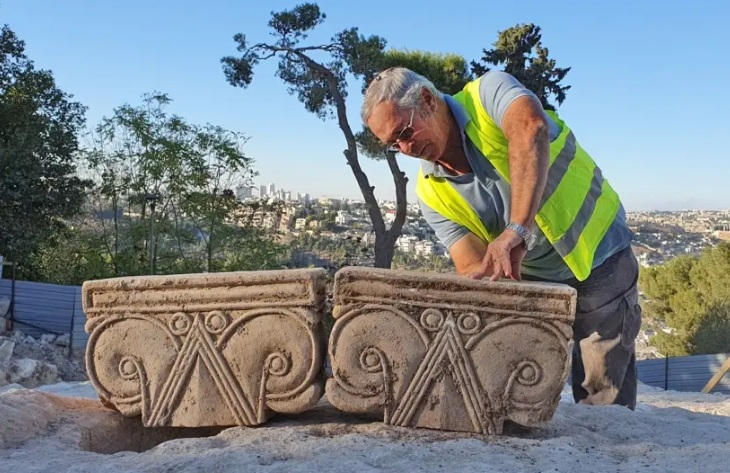Archeologists in Israel have discovered a rare ancient toilet in Jerusalem dating back more than 2,700 years, when private bathrooms were a rare luxury in the holy city, authorities said on Tuesday. A team of archeologists found the carved limestone fixture ahead of construction in the Armon Hanatziv neighborhood of Jerusalem, according to the Times of Israel.
The archeologists are still not sure who this luxurious toilet belonged to but believe that it could be one used by the biblical kings of Judah, possibly Hezekiah or Josiah, or could even have been used by other members of the royal families.
Rare Discovery

The team of archeologists claims that the toilet, which dated to the 7th century, is a rare discovery, as such a luxury was unimaginable during those times. The Israeli Antiquities Authority (IAA) said that the archeologists while digging came across the smooth, carved limestone toilet located in a rectangular cabin that was part of a sprawling mansion overlooking the Old City.
Moreover, they mentioned that the toilet looked quite modern for that time as it was designed for comfortable sitting, with a deep septic tank dug underneath. "A private toilet cubicle was very rare in antiquity, and to date, only a few have been found, mostly in the City of David," said Yaakov Billig, who lead the dig for the IAA, in a statement.
"Only the rich could afford toilets. In fact, a thousand years later, the Mishnah and the Talmud discuss the various criteria that define a rich person, and Rabbi Yossi [suggests that] to be rich is [to have] a toilet near his table.'"
The bathroom measures about 5 by 6.5 feet. However, historians and archeologists are unsure if the toilet was carved from bedrock or made out of a finer stone, Billig told Haaretz.
Rare Artifacts Discovered

The team also found 30-40 bowls inside the toilet. Billig said that the vessels may have held aromatic oils, air fresheners or incense. Besides, stone capitals and columns from the era were also found, which is evidence that there was possibly a garden nearby with orchards and aquatic plants.
"We hope that some further analysis on the residues will provide answers," Billig said. Additionally, the bones found during the dig will offer information on dietary habits, while the examination of the soil could shed light on parasites and diseases among ancient Judeans.
Archaeologists have earlier discovered a number of other toilets in Jerusalem. These included one located at a building known as the House of Ahiel. In 2016, experts found a separate commode in the ancient city of Tel Lachish, about 40 miles southwest of Jerusalem. They suggested that ancient Israeli forces may have installed the toilet as a way of intentionally desecrating a pagan shrine. According to Haaretz, this interpretation is a matter of considerable debate.









